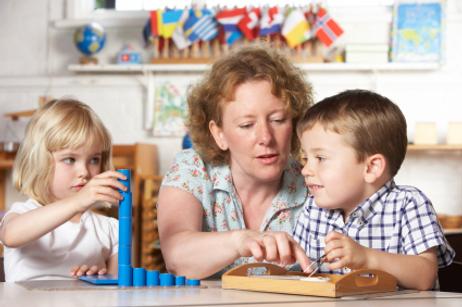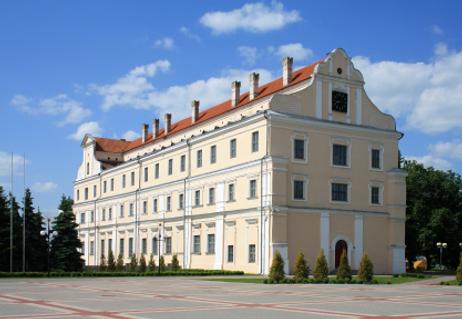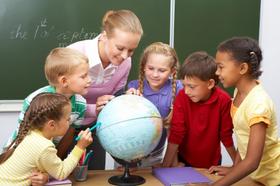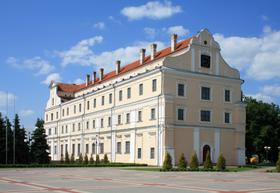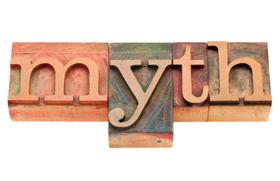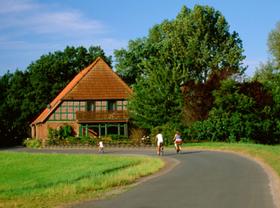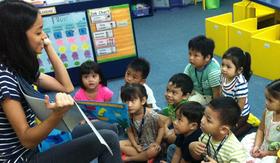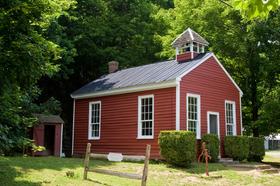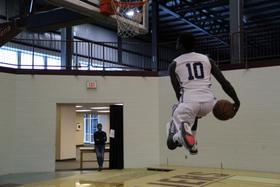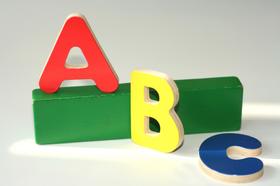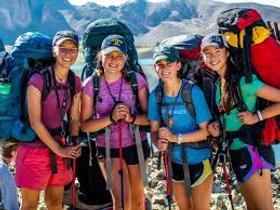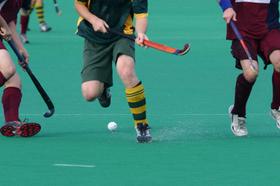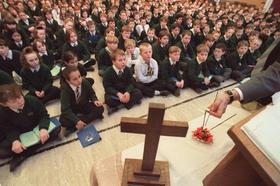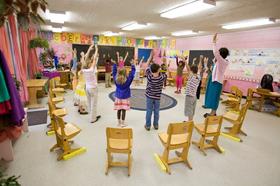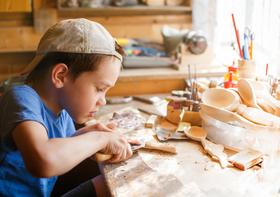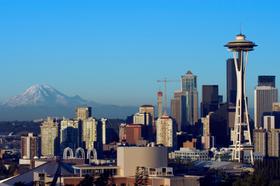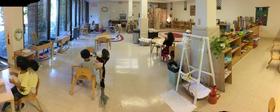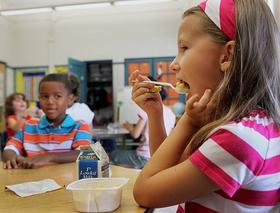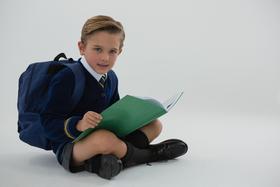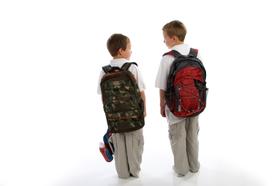Dr. Maria Montessori's first Casa de Bambini in Rome opened in 1906. That school and Dr. Montessori's methods were was so innovative and ahead of their time that word of Dr. Montessori and her methods spread quickly around Europe. By 1911 the first Montessori school opened in the United States. That school was located north of New York City in Tarrytown. When you consider that communications in the early twentieth century were slow, the fact that word about Dr. Montessori did spread so quickly was remarkable. One other fact worth noting is that Dr. Montessori began her work with disadvantaged children living in Rome's poorest neighborhoods. Yet when her approach found its way to the United States, it appealed strongly to middle-class parents who were looking for enlightened alternatives to the traditional educational methods found in American schools. The following video offers a brief history of Montessori.
Nowadays Montessori schools enjoy an enthusiastic following with approximately 4,000 certified schools in the U.S. Most of these are private schools offering the early or primary grades. Only about 200 public schools use the Montessori method or some version thereof. Because Dr. Maria Montessori did not trademark the name Montessori, any school can claim to be a Montessori school. Just because it says it is a Montessori school does not mean that it is the real thing. As a result you will have to be observant and aware

